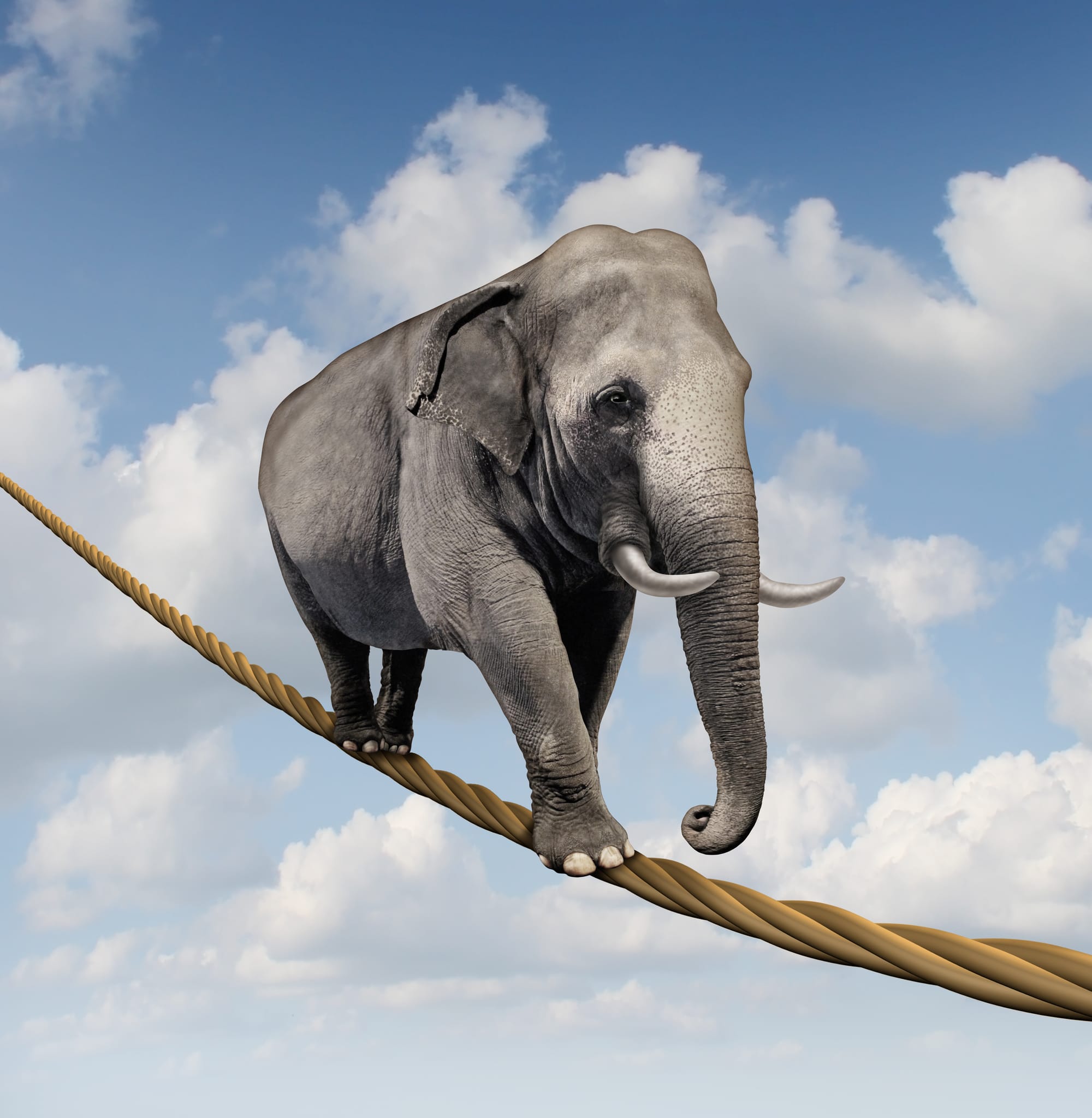Coronavirus Global Spread & Market Unrest. How to Get Over Your Fear of the Markets (MAR 2020)

As a client with Professional Capital, I thought that you might be interested to hear directly from me, my view on the continuing volatility in global financial markets due to the coronavirus spread.
During my exact three decades of advising clients on investing, I have experienced many economic cycles and extraordinary events. The circumstances behind the current volatility might be unique, but investors’ reactions to them have many parallels to those I have witnessed in the past. The market fall of 30% since 12th February 2020 and the date of this writing, was clearly prompted by concerns of the coronavirus spread impact on global economies. This spread is taking its toll on growth in the broader global economy and the recent volatility in stock markets reflects a growing consensus that economies are slowing.
Analysing the whys, however, does not answer the questions for you and investors like you - which is most likely ‘Will it fall further and if, so, shouldn’t I just sell and take my loss or switch my assets into cash?
The first part of this question is almost impossible to answer. The future is never guaranteed in equity markets, although there will be many commentators arguing both for why it should fall further and for why it will soon return to its upward trajectory. Some of them will be right but I have no idea which ones. Personally, I call these people pseudo-prophets.
The latter part is easier to address. Volatility and market surprises are at the heart of equity investing and this most recent event really serves to highlight that point. I have talked to you about ‘market events’ especially during our first meetings when I designed your portfolio, and how investments react during stress. I would like to remind you of the benefits of diversification, something that it has been applied to your investments, making sure your portfolio is set up to deal with such events.
Our approach to investment planning is to stop you having to pull money out of the market at times when things look bad. If you are forced to do so, you consolidate your loss and feel the pain – and if the market rebounds after you have withdrawn, you miss that rise. However, since you have a widely diversified portfolio and reserves to draw on when emergencies hit, you can stay invested and sit back, waiting for normality to return.
At times like this, it may be worth remembering why you made your investment and your initial objectives – and be comforted with the thought that, since your portfolio is balanced and your needs are unchanged then for the long-term investor, this news should be nothing to get too worried about. Your portfolio and investments have been positioned to help you achieve your long-term objectives. You need to remain focused.
As a further guidance, I suggest you read the following articles:
Overall, I do feel that the current volatility is part of the normal cycle of the world’s markets and it is something I have been expecting since 2016, as we had a very good run from 2008 onwards and a market event was long overdue.
My experience of investing leads me to avoid market timing. Instead, I have learned that it is best to be patient and ride through the short-term volatility. And bear in mind that amid a 'short term shock' some people see a 'golden buying opportunity'.
George Kapositas
13 March 2020